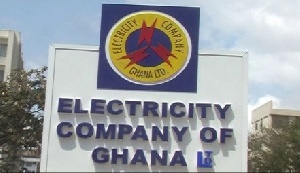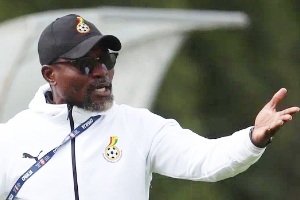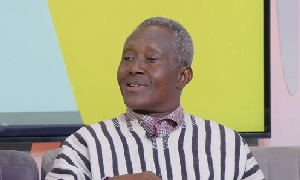Weak institutions and lack of policy framework have been identified as the challenges that pushed for the power sector reforms which led to the establishment of Ghana Grid Company Limited (GRIDCo) as well as the Energy Commission (EC) and Public Utility Regulatory Commission (PURC) in the early 1990s.
Even though successes have been chalked in the generation, transmission of power and strategic national plan for renewable energy, distribution remains a major challenge when it comes to satisfaction of the customer, the Energy Commission has stated.
According to the Commission, managing the development and utilization of the country’s energy resources, the energy sector reforms, even though fiercely resisted some 20 years ago, has led to Volta River Authority (VRA) to stick to the mandate of generating power and GRIDCo doing the transmission.
This, in the view of Dr Andrew Quayson, a former Executive Secretary of PURC, has led to increase in access to electricity in the country in spite of the 23 to 24 per cent distribution loses incurred by Electricity Company of Ghana (ECG).
Quayson, who was delivering a paper on why the energy sector reforms were necessary, said the reforms were introduced to increase access to electricity from 37 to 40 percent in Ghana as Sub-Saharan Africa was considered a “dark continent”.
He said before the reforms, government was producing power and fixing the tariffs leading to gross under-pricing of electricity in the country, adding that even though VRA was initially not happy and did not see the need for the reforms being pushed by the World Bank and other development partners, the Authority has had its operations streamlined, leading to the attraction of eight Independent Power Producers (IPPs) into the country.
He stressed that if the reforms had not come into play, quality of power production would have been worse in the country.
Charles Darko, the first Chief Executive Officer of GRIDCo, speaking on what the reforms have achieved 20 years on, said the reforms brought technological advancement into the generation and transmission of power in the country.
He was worried about the interventions of the multiple players in the sector were not subjected to the bidding process because of the crisis the country was confronted with in the early days.
He added that in spite of these successes in the generation and transmission, the performance of ECG has been short of where it should be when it comes to the distribution sector.
On his part, the Executive Secretary of Energy Commission Dr Alfred Ofosu Ahenkorah, said the anniversary gives a pleasant duty for the commission to express appreciation to all stakeholders who, in diverse ways, contributed to the success of the energy sector.
Business News of Friday, 26 October 2018
Source: thefinderonline.com

















